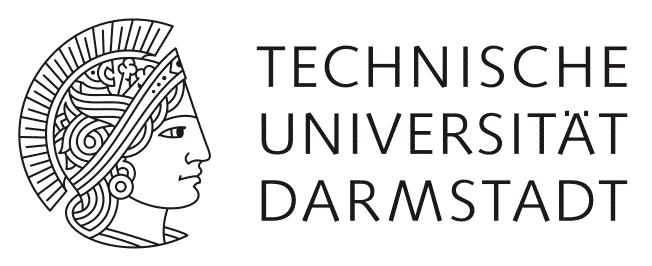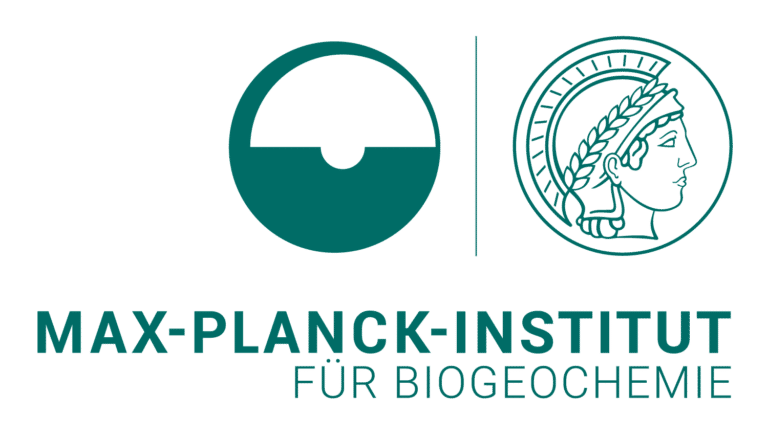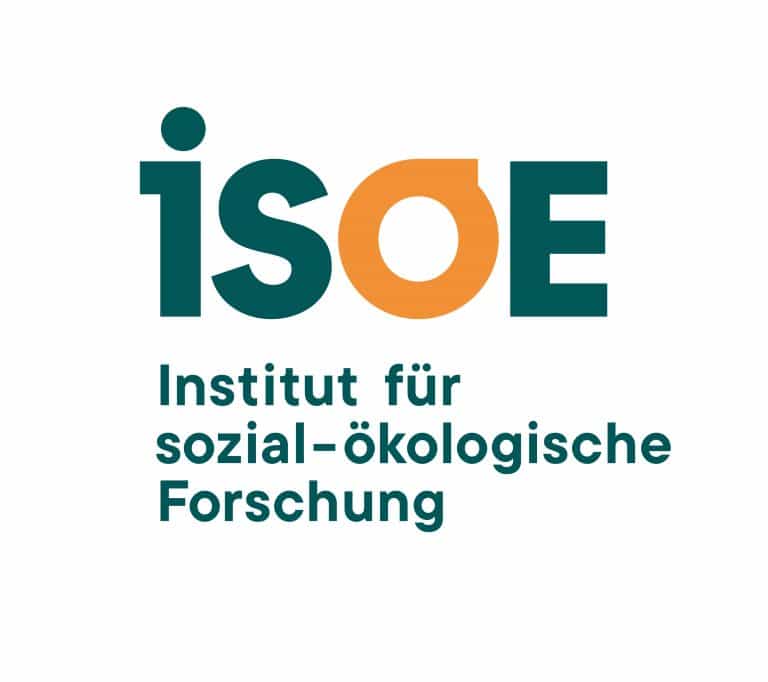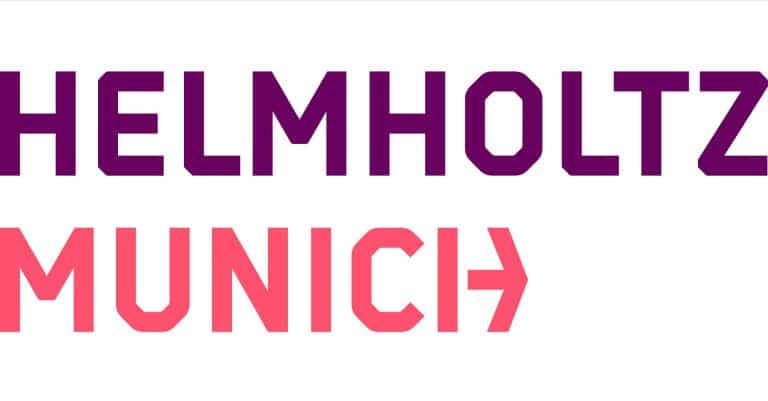#Microorganisms & Fungi #Plants #2020 – 2023 #2017 – 2020
LOTUS (Cooperation project)
Detailed analysis of the natural microbiome of Lotus corniculatus
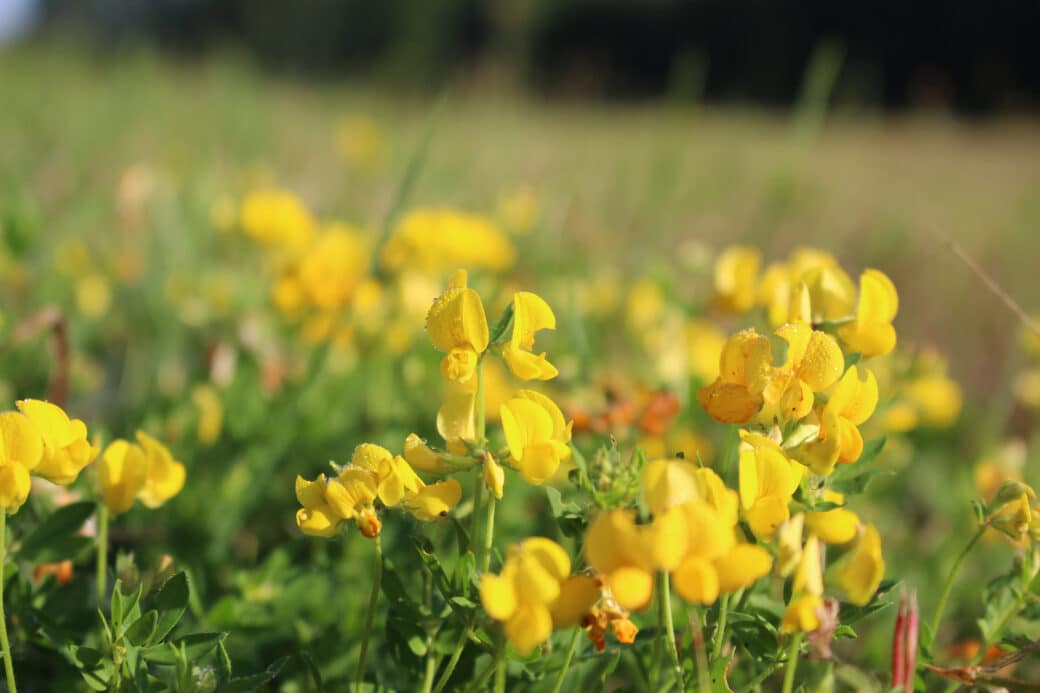
The aim of the collaborative project is to look at the natural microbiome of Lotus corniculatus in different parts of the plant and at different times. Furthermore
network analyses of the microbiome data will be carried out. Of particular interest are the different vectors for the microbiome. In addition, the connection with land use will be investigated and whether the plant genotype has an effect. The investigations are to be carried out mainly in the Schwäbische Alb.
The following work is planned for this:
– Sampling of at least 30 experimental plots (EPs) in the Schwäbische Alb.
– The sampling is to extend over two summers and the roots, shoots, flowers and seeds of lotus (10 plants per EP) are to be sampled.
Non-public datasets
Microbiome composition of Lotus corniculatus from 7 grassland plots in the Swabian Alb, 2018-2021
Reis, Frank; Lutap, Katrina (2024): Microbiome composition of Lotus corniculatus from 7 grassland plots in the Swabian Alb, 2018-2021. Version 7. Biodiversity Exploratories Information System. Dataset. https://www.bexis.uni-jena.de. Dataset ID= 31836
Cooperations are projects financed by the cooperation partners’ own funds and thus financially independent of the DFG-funded infrastructure priority program ‟Biodiversity Exploratories (BE)”. They complement the BE with further interesting research content on biodiversity research and in return benefit from the infrastructure of the Biodiversity Exploratories.

